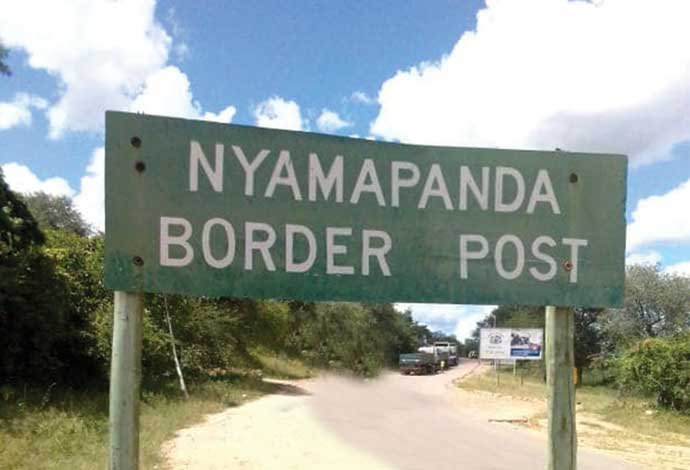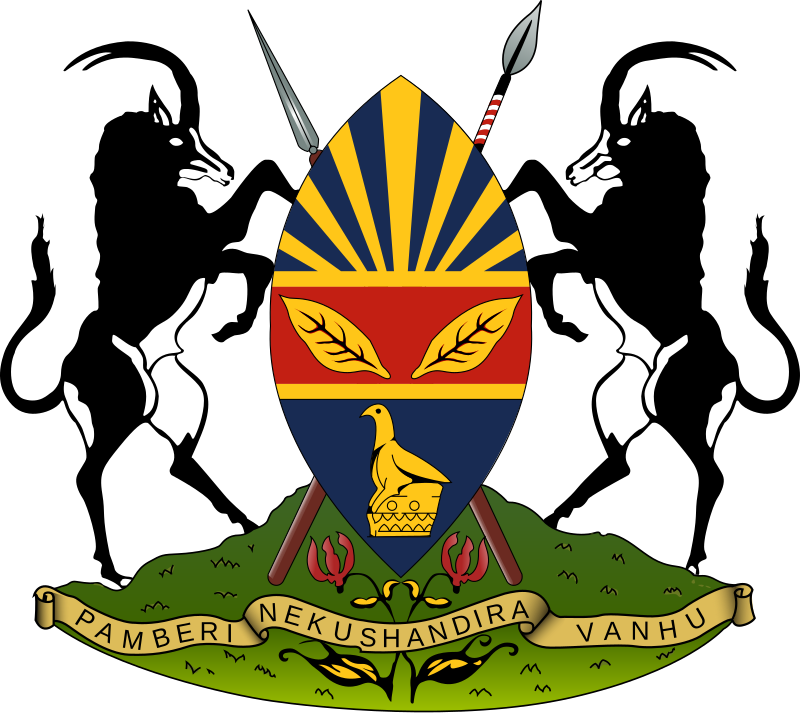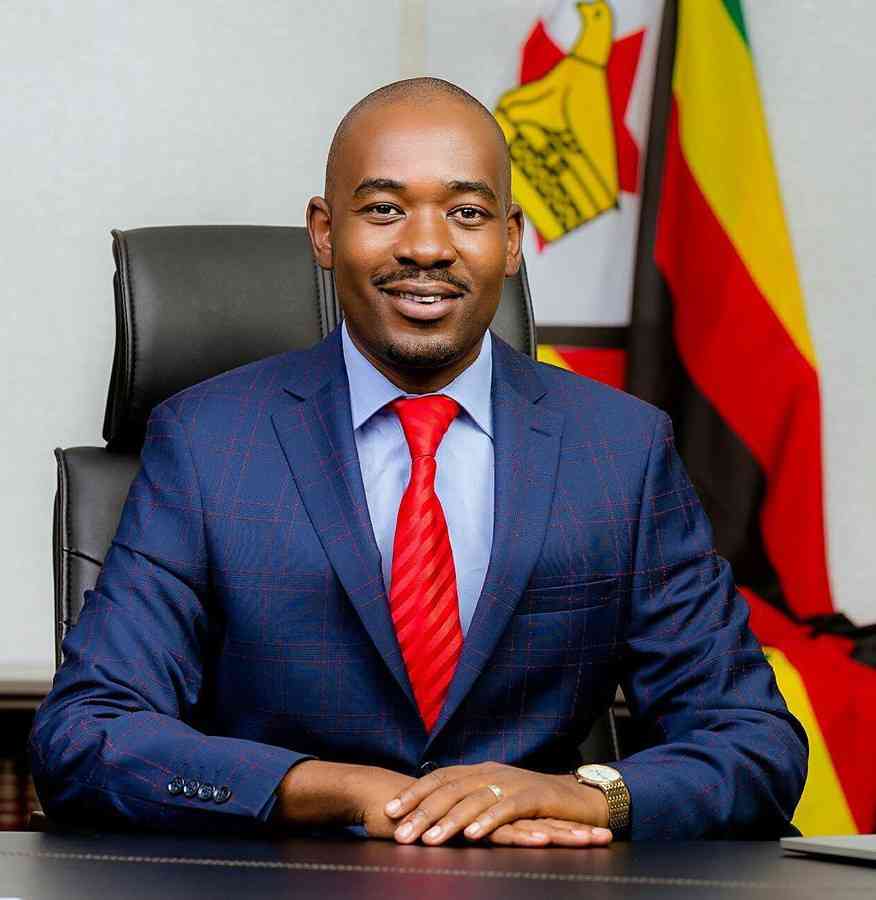
BY ADMIRE JAMU-MLAMBO ON one early Saturday morning as haulage truck drivers prepared breakfast on gas cylinders, young men some distance away were busy cleaning their motorbikes. Others were occupied playing checkers on the veranda of one of the many shops at Nyamapanda Border Post business centre.
Just a stone’s throw away, a group of five women sweep and clean their vending area under an acacia tree, as the border post bursts into life.
This is a typical early morning at Nyamapanda Border Post situated about 240km north-east of Harare.
Nyamapanda is also one of Zimbabwe’s busiest border posts into Mozambique serving human and vehicular traffic and goods also destined for Malawi, Tanzania and beyond.
The traffic flow has afforded a chance for the young men at Nyamapanda a rare opportunity to earn a living as the economic hardships biting Zimbabwe force many Zimbabwean youths to hustle by whatever means.
Many of the young men at Nyamapanda, mostly in their 20s, survive by ferrying goods and people on their motorbikes across the border in and out of Mozambique, charging an average of US$15 fee per person for the roughly 1km trip.
The fare is that high, apparently because it sometimes, but rarely, involves smuggling goods.
One of the bikers, Mhofu (not real name), a holder of a National Diploma in Education, but is unemployed three years after graduating from college, was introduced to the trade by his elder brother who has since left Zimbabwe for greener pastures.
- Chamisa under fire over US$120K donation
- Mavhunga puts DeMbare into Chibuku quarterfinals
- Pension funds bet on Cabora Bassa oilfields
- Councils defy govt fire tender directive
Keep Reading
“Nyamapanda Border Post is not all that busy, but we normally capitalise on the people who have a lot of luggage and we charge them separately,” Mhofu said. “We normally record brisk business particularly towards public holidays when there is a lot of travelling by people crossing the border.”
He added: “Since joining this occupation, I now have a good number of customers because I always receive calls from people from as far as Kotwa Growth Point, a distance of 20km, who need transport.”
His colleagues, Nyamuzihwa and Suzuki (also not their real names), shared their experiences too.
Said Nyamuzihwa: “I started by vending and I actually saw that there is an opportunity to make more money ferrying people to and from Mozambique. I took all my savings and went to my rural home and sold an ox and bought my motorbike for US$750. Within a month I had raised the money I used to buy the bike. I should say all things are going quite well. On a good day I average quite a bit.”
Twenty-three-year-old Suzuki concurred saying that he has never sought formal employment since he completed his secondary education.
“At my age, I have never created any curriculum vitae for a job, but I have managed to buy a residential stand in Nyamapanda location,” he said.
“It is the cross-border traders who give us a lot of business, especially those crossing to Mozambique to sell basic goods such as cooking oil, milk, bathing soap, mahewu and meat, among others.
“Normally, I just cross with their goods and we charge them US$10 per every luggage. Since they will be going out for selling they usually carry many bags that is where I get lots of money. We will then wait for them on the Mozambican side and return them after the finish their business.”
Nyasha Dambi, a regular cross-border trader using the Nyamapanda Border Post and has been in the business for more than five years, was happy to be associated with the bikers saying she always feels safe under their service.
“It has been some time since I started knowing these men and they have proved beyond reasonable doubt that they are trustworthy and my goods are always safe,” Dambi said.
While the bikers earn a somewhat decent living assisting cross-border traders, the country is losing millions of United States dollars in import and export revenue through the illegal movement of goods, mainly by truck drivers in cahoots with border control agencies.
Home Affairs minister Kazembe Kazembe recently told legislators in the National Assembly that relevant ministries would come up with new measures to plug the country’s porous borders.
“From a policing point of view, we must capacitate our police in terms of resources and technology to deal with smuggling. Our borders, as we all know, are not that tight and that is the starting point,” he said.
Kazembe added: “Internally, it is also critical to ensure that our police are well-resourced with vehicles and all necessities to ensure that they can enforce the law.”
However, the fight against smuggling has never been and will never be easy given the spectre of corruption perennially haunting Zimbabwe. Given that government is currently poorly paying civil servants manning the country’s borders, billions of United States dollars will continue to be lost to smuggling.
And calls by the Zimbabwe Revenue Authority for “information that can assist us to deal with the corruption scourge” will keep falling on deaf ears.
- Follow Admire on Twitter @admireMlambo1










